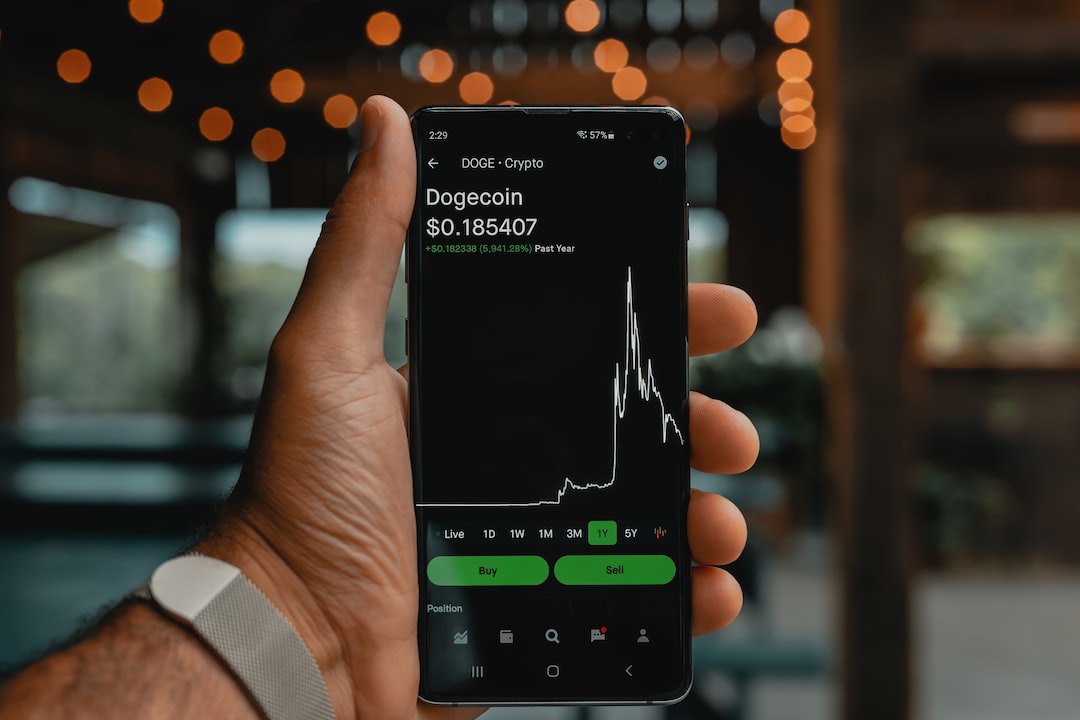Forex trading is a constantly evolving industry that has seen a significant increase in popularity in recent years. As more and more people enter the market, the need for reliable and secure trading platforms has become paramount. One of the biggest threats to the security and stability of forex exchanges is Distributed Denial of Service (DDoS) attacks.
DDoS attacks are a type of cyber attack that aims to disrupt the normal functioning of a website by flooding it with traffic from multiple sources. The goal of these attacks is to overwhelm the website’s servers and make it impossible for users to access the site. Forex exchanges are particularly vulnerable to DDoS attacks because they operate in real-time and are heavily reliant on stable and secure internet connections.
When a forex exchange is hit by a DDoS attack, the first thing that comes to mind is whether the trading should be halted or not. There are arguments for and against halting trading during a DDoS attack, and both sides have valid points.
On the one hand, halting trading during a DDoS attack would help to protect traders from financial losses. During a DDoS attack, the exchange may experience delays in executing trades, which can lead to losses for traders. Halting trading would prevent traders from entering into positions that could potentially result in losses.
Another argument for halting trading during a DDoS attack is that it would allow the exchange to focus on resolving the issue and restoring normal operations. DDoS attacks can be extremely complex, and it can take a significant amount of time and resources to mitigate the attack and restore normal operations. By halting trading, the exchange can focus on resolving the issue and minimizing the impact on traders.
On the other hand, halting trading during a DDoS attack could have negative consequences for the forex exchange and its traders. Forex trading is a 24/7 market, and any disruptions to trading can have a significant impact on market liquidity and volatility. Halting trading could cause traders to lose confidence in the exchange, which could lead to a decrease in trading volume and revenue for the exchange.
Another argument against halting trading during a DDoS attack is that it could send a signal to attackers that the exchange is vulnerable to such attacks. This could encourage more attacks in the future, which could have even more severe consequences for the exchange and its traders.
In conclusion, the decision to halt trading during a DDoS attack is a complex one that depends on a variety of factors. While halting trading may protect traders from financial losses and allow the exchange to focus on resolving the issue, it could also have negative consequences for the exchange and its traders. Ultimately, the decision should be based on a careful analysis of the situation and the potential impact on traders and the exchange.





